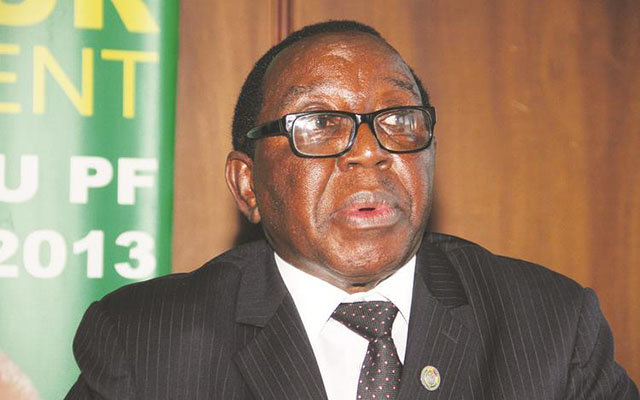EDITORIAL COMMENT: Pragmatism key in education sector

OVER the weekend, we carried an expansive interview with the new Minister of Primary and Secondary Education, Professor Paul Mavima, as he explained how he was going to steer the ship after Dr Lazarus Dokora.
Not that Prof Mavima is a newcomer to the ministry: he was Dr Dokora’s deputy and his recent promotion is giving him a berth to make the necessary changes in the education sector. Expectedly, Prof Mavima has spent the first few days in his new role trying to fight the fires that were stoked by his predecessor whose approach did not exactly endear him to various stakeholders, chiefly parents and teachers.
Which compels us to locate the real problem that the ministry had under Dr Dokora — that of poor communication and some very bad public relations that attracted bad publicity, distortions and even fake news. That is bound to happen to any organisation that communicates poorly and it is incumbent upon the minister to put in mechanisms for effective communication in line with modern trends and using tools and platforms that feed an information-hungry society.
Prof Mavima will need to be information-savvy and lead a team that is not only responsive, but also purposive and proactive. With that cat off his back, Prof Mavima will have to focus on the real business of delivering education to our children. It is in this light that we note that the new dispensation is not reversing the policies of the old, but improve on their implementation.
In the interview we mentioned, Prof Mavima said, “Zimbabweans should really bite the bullet and say, let’s embrace a curriculum of the 21st Century and leave a curriculum that we have had for almost 90 years with the same kind of orientation.” He continued: “We need to be globally competitive and we have to embrace a curriculum that gives us global competitiveness; a curriculum that takes us into the 21st Century.”
There is no going back on the new curriculum, which should be heartening to all of us who have seen the inherent and fundamentally good aspects of the programme that seeks to infuse in learners skills and competencies that Zimbabwe needs and has been so lacking resulting in poorly oriented citizens.
That is, for our much vaunted literacy!
The practical elements in studies that are being taught from primary school will mould a whole new generation of Zimbabweans who are learned in ways that are useful to everyday life from the home to industry.
This is a revolution and there is a lot of work that the ministry will have to do. Not least, there will be resistance to change from inside and outside of which poor Dr Dokora was a victim — aside of his hubris, that is. There will be also be huge demand for resources to oil the education revolution in Zimbabwe and Government has to find ways to fund the sector that is crying for infrastructure to electrify and connect schools, especially in the rural areas. The minister has proposed the idea of public-private partnerships.
These have to be pursued vigorously given the lack of fiscal space that our Government grapples with — even when it still commits the largest budget to education. In the 2018 National Budget, Primary and Secondary Education got nearly a billion dollars, but the reality is that most of it will go to paying staff salaries, which is something that is affecting Government as a whole.
This calls for a new approach that should assist not only the education sector, but the whole gamut of the country’s administration under President Emmerson Mnangagwa. From the initial signs that Prof Mavima is showing, he is a pragmatic who wants to focus on delivering the goods — and he should be encouraged to stay the course.










Comments